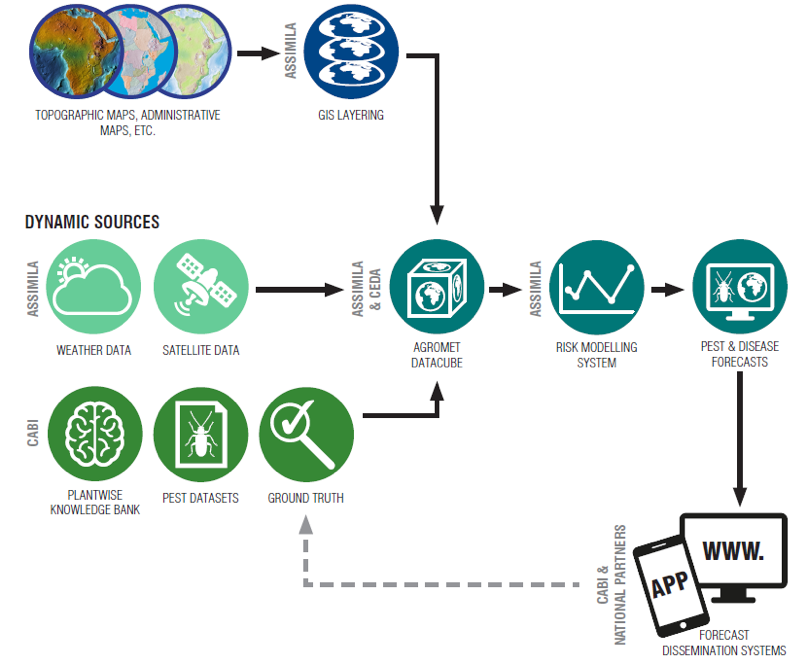Pest Risk Information Service (PRISE) (CABI) (IPP funded)
www.cabi.org
Overview
Pest Risk Information Service (PRISE) is an innovative crop pest and disease risk forecasting product designed for smallholders and commercial producers in developing countries. Bringing together a broad range of stakeholders, including plant protection authorities, space experts, private sector companies, and the farmers themselves, PRISE uses state-of-the-art crop and pest modelling techniques to provide users with advanced warning of a damaging outbreak and appropriate advice to mitigate crop losses.

Solution benefits
- Create an early warning system to warn of the risk of pest outbreaks using cutting-edge space infrastructure.
- Earth observation (EO) data and state-of-the-art modelling techniques allows risk assessment of pest outbreaks over wide, remote rural areas.
- Establish expansive, novel crowdsourcing observations to strengthen and validate the system.
- Integrate risk forecasts into existing plant health systems, leveraging your existing current programmes and projects.
- Deliver alerts and advice to farmers at scale.
- Develop and sustain the service by building in-country technical capacity and engage the private sector (e.g. agro-dealers and insurance companies).
- Encourage countries to develop policies to strengthen crop protection by demonstrating that effective pest forecasting can be scaled to national and regional levels.
Key technical features
- PRISE uses static and dynamic data sources to drive pest risk models of insects and pathogens life cycles which are driven primarily by environmental factors. These sources include:
- external data products from existing sources such as: land surface temperature, precipitation, humidity and land cover
- EO data processed to provide customised information used in the project, such as downscaled surface specific temperature and vegetation state
- data collected by existing projects, particularly CABI’s Plantwise programme, including pest lifecycle data, crowdsourced pest presence/absence data and pest management advice data
- data collected and processed in the project is stored in an AgroMet Data Cube which supports efficient access to a multi-temporal, multi-parameter dataset which is used within the project for pest risk modelling and is also available to project partners externally
- The pest risk modelling component uses data in the AgroMet Data Cube to derive pest lifestage and risk indicators. This information is communicated to users via a pest risk Bot in the Telegram messaging system which is used by Plantwise plant doctors.
- The system driving PRISE is modular and can be implemented in a distributed or centralised arrangement, using cloud processing. Users access the system outputs via a website or application programming interface (API). The system is currently hosted by the Centre for Environmental Data Analysis (CEDA), a partner in the project.
Case studies
The product has been deployed in Ghana, Zambia, Kenya and soon in Malawi and Rwanda, supported by IPP. This is with the partners Plant Protection & Regulatory Services Directorate (PPRSD, Ghana), Kenya Agricultural & Livestock Research Organisation (KALRO), Kenya Ministry of Agriculture, Livestock and Fisheries (MOALF, Zambia), Department for Agricultural Extension Services Malawi (DAES) and the Rwanda Agricultural Board (RAB).
Organisation overview
CABI is an international not-for-profit organisation that improves people’s lives worldwide by providing information and applying scientific expertise to solve problems in agriculture and the environment. We put information, skills and tools into people’s hands. CABI’s 49-member countries guide and influence our work which is delivered by scientific staff based in our global network of centres.
PRISE project partners working with CABI include Assimila, CEDA and Kings College London.

